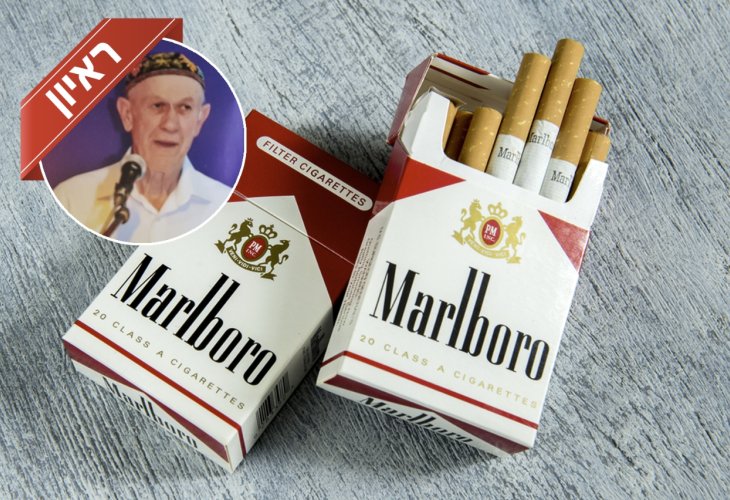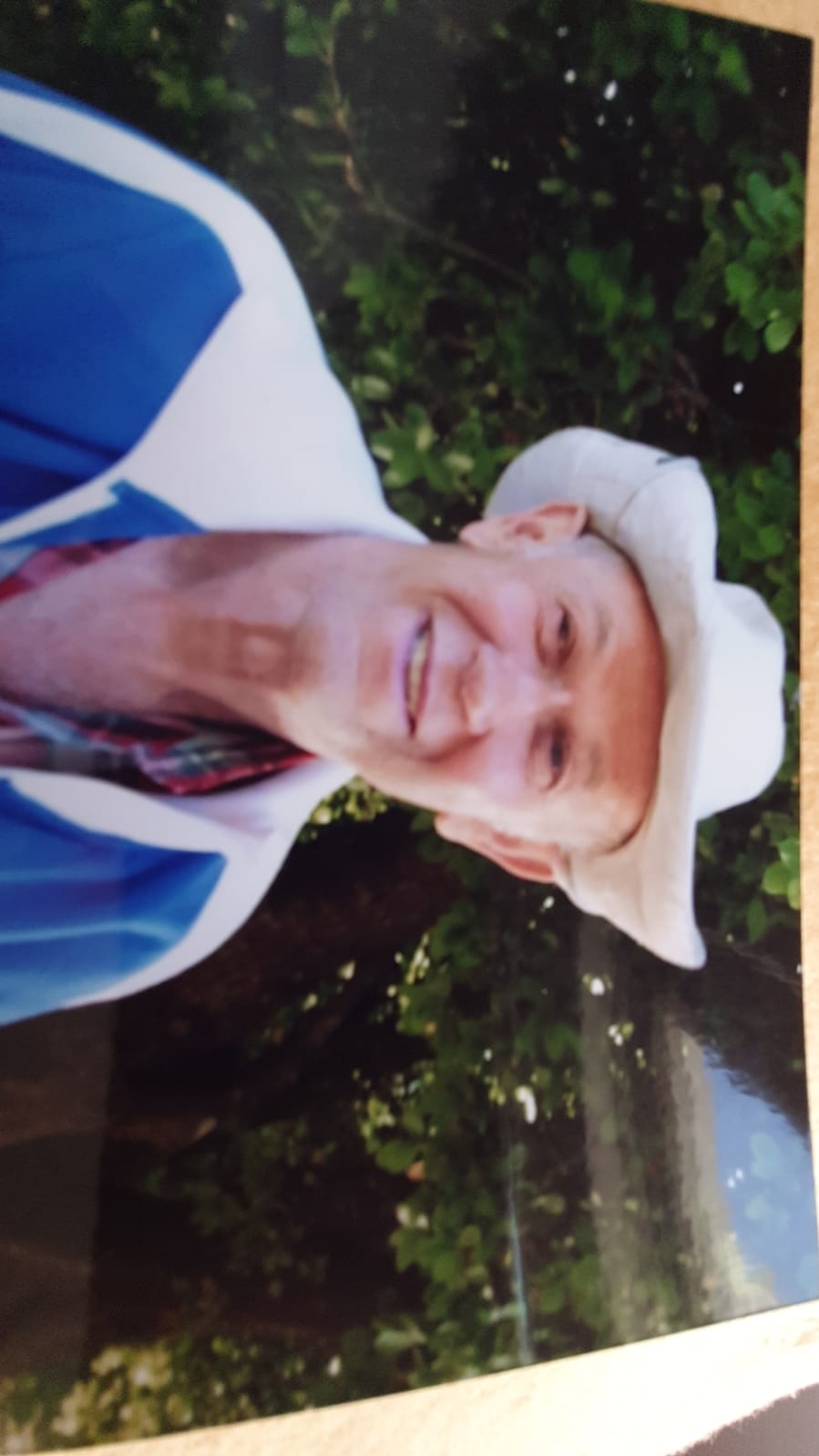The Holocaust
The Boy Who Outsmarted the Gestapo: The Miraculous Survival Story of Ben-Zion Hadar
A story of sheer bravery, divine protection, and the will to live against all odds
 (In the circle: Ben Zion Hadar)
(In the circle: Ben Zion Hadar)“My father always felt that a higher power was watching over him,” says Tomer Hadar, son of the late Ben-Zion Hadar, known affectionately as Bulush. As a child, Ben-Zion sold cigarettes with other boys right outside the Gestapo headquarters in Warsaw — a story later immortalized in the book The Cigarette Sellers of Three Crosses Square.
Ben-Zion passed away at the age of 84, and his miraculous story of survival touched the hearts of many. “The more I think about it,” says Tomer, “the more I realize how his survival defied every natural law. He spent the entire war right under the noses of the Nazis — the only explanation is that Heaven decided to keep him alive.”
The Boy Who Slipped Between Worlds
When Nazi Germany invaded Poland and established the Warsaw Ghetto, six-year-old Ben-Zion found himself in an increasingly desperate situation. Jews were confined, starved, and eventually deported to death camps.
Using his small size and agility, Bulush would sneak out of the ghetto through cracks and alleys, roam the “Aryan” side of Warsaw, sing on the streets and trains, and collect scraps of food from sympathetic Polish civilians. At night, he’d slip back through the fences to bring food to his family — seven hungry souls surviving on the crumbs he gathered.
One day, upon returning to the ghetto, he discovered that the Judenrat had taken his entire family to the Umschlagplatz — the deportation point to Treblinka. “He realized instantly,” says Tomer, “that he was alone in the world.”
Bulush ran to the ghetto hospital, hoping to find his sister who had worked there. The overseer told him she was gone — but offered him a sinister deal: to gather all the orphaned children so they could receive “wages” on behalf of their missing parents. Even as a small boy, Ben-Zion sensed the danger. He refused — and that refusal saved his life. That same day, he escaped the ghetto for good.
A Six-Year-Old on the Run
Utterly alone, circumcised, and without identity papers, Bulush wandered through Nazi-occupied Poland — where simply being Jewish was a death sentence. He survived by instinct, sleeping in barns and stairwells, riding trains without tickets, and singing to strangers for coins and bread.
At one point, he met a group of ten Jewish boys aged 10 to 14 who had also escaped the ghetto. Together, they formed a survival gang, selling cigarettes in Three Crosses Square, right under the Gestapo’s windows.
“They were surrounded by Nazis every day,” explains Tomer. “They sold cigarettes to German soldiers, hid with Polish women at night, and emerged at dawn. They believed that hiding in the most dangerous place was ironically the safest — because nobody would think to look for Jewish children there.”
 Ben Zion Hadar (Bolosh)
Ben Zion Hadar (Bolosh)“We Knew Death Was Inevitable”
Tomer recalls his father’s words: “Adults often deceived themselves into thinking they could survive by cooperating with the Nazis. But we, the children, knew the truth — Jews were meant to die. So we clung to each other and survived together. That was our secret.”
The group’s leader, Ignac Milchberg, nicknamed “Biczyk” (The Bull), protected young Bulush like a little brother. “They saved him again and again,” Tomer says. “He always said he owed them his life.”
The boys’ story became legendary after the war — proof that even in the heart of the Nazi beast, courage and solidarity could overcome terror.
From Cigarette Boy to Survivor and Father
After the war, Ben-Zion rebuilt his life in Israel, often sharing his testimony with schoolchildren and soldiers. His story was immortalized in Yosef Ziemian’s book The Cigarette Sellers of Three Crosses Square, later translated into several languages.
“He saw it as his mission,” says Tomer. “To tell the world about divine providence, and the strength of the human spirit.”
In his later years, Ben-Zion remained in touch with the few surviving members of his wartime gang until they, too, passed away. “He was the last of them,” Tomer says quietly. “He survived by miracles, but he lived as a man of kindness, humility, and gratitude. We already miss him terribly.”
Legacy of Faith and Resilience
Ben-Zion “Bulush” Hadar’s life reminds us that faith, courage, and compassion can pierce even the darkest moments of history. From the shadows of Warsaw’s ghettos to the light of modern Israel, his story stands as a timeless testament: even in the face of annihilation, the human soul can choose life, and keep singing.

